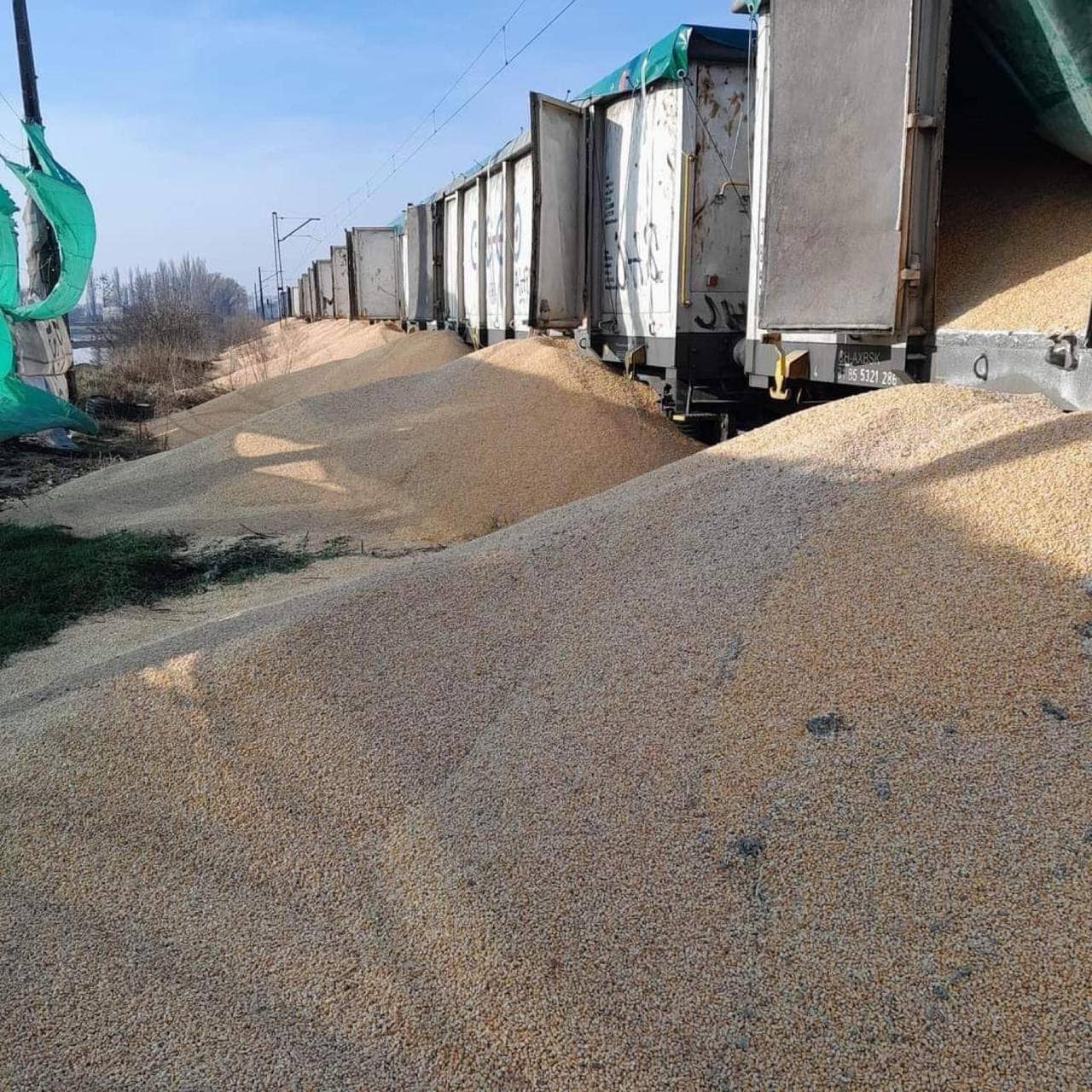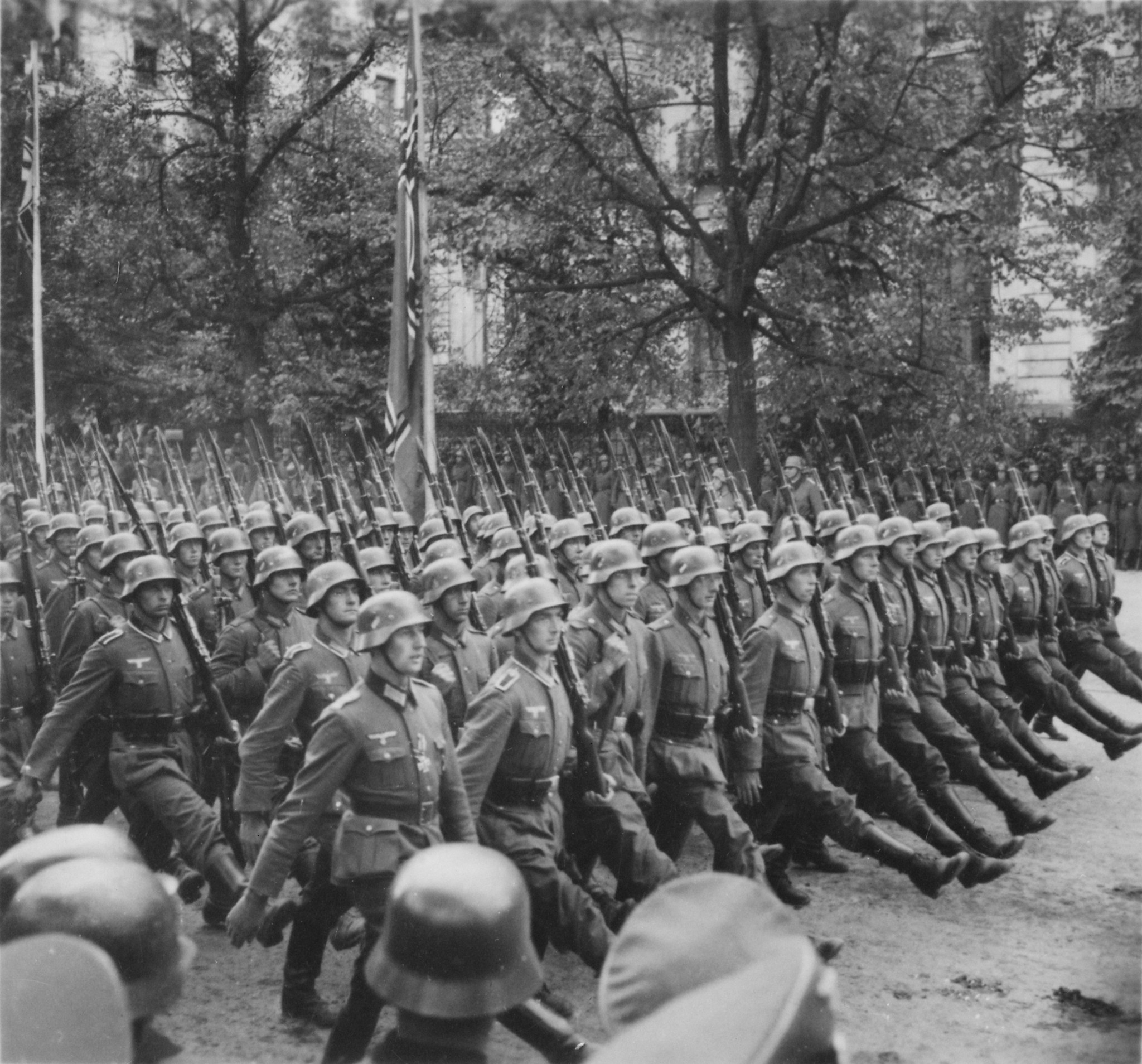On 27 March, a Polish lawmaker informed the Polish state news agency PAP that Poland and Ukraine are nearing an agreement on agricultural imports, Reuters reports.
Ahead of bilateral government talks, Poland seeks to address protests by its farmers who are blockading the Ukrainian border, demanding for the re-imposition of customs duties on Ukrainian agricultural imports, which were waived following Russia's 2022 invasion. Polish farmers argue that Ukrainian imports undercut their competitiveness in the European market, while their blockade undermines the Ukrainian economy, benefitting Russia.
Polish Agriculture Minister Czesław Siekierski is scheduled to meet with his Ukrainian counterpart Mykola Solskyi in Warsaw on 27 March, ahead of the government meetings between both nations the following day.
"We are close to solving these problems together in dialogue," said Krzysztof Paszyk, the leader of the parliamentary party of the agrarian Polish Peasants' Party (PSL), part of the ruling coalition, as per Reuters. "One of the topics is to be the grain issue, this problem can be solved."
Meanwhile, Polish Agriculture Minister Siekierski maintains that bilateral talks with Ukraine on food trade are difficult, as Kyiv wants to maintain the terms of trade liberalization proposed by the European Commission, while the Polish side believes that restrictions are needed on imports of products from Ukraine, PAP said.
PAP reports
that Pazhyk said the agreement between Poland and Ukraine should include clearly defined qualitative and quantitative quotas for products that could remain on Polish territory.
"This is a goal that is achievable," the MP believes.
As Paszyk said, after the government talks, he expects that in the future, if difficult topics arise, both sides will strive "to solve them at the political level, and not at the media-publicist level," PAP reported.
Ukrainian view
Polish farmers argue that a significant portion of Ukrainian grain intended for transit through Poland ends up in the domestic market, while Ukraine contends that the protests, including border blockades and grain spillages, are detrimental to its wartime efforts and economy.
Earlier, Ukraine's Minister of Agrarian Policy and Food Mykola Solskyi said that the Ukrainian side is categorically against any transit bans, commenting on Poland's decision to temporarily close the border with Ukraine for the transit of certain agricultural products, including wheat, corn, wheat flour, rapeseed, and sunflower.
"Our side is being demanded to impose self-restrictions - to introduce a licensing procedure for raspberries, juices, and several other products," Solskyi told Glavcom.
The minister points out that Poland's entire transit volume, which it considers banning, roughly equals Odesa's daily port load.
"Moreover, due to the two-month blockade, Ukrainian companies rerouted shipments to sea transport," Solskyi highlighted. "They now ship goods to Hamburg and Rotterdam by sea, ensuring cost-efficiency and predictability."
Despite reduced transit volumes through Poland, Ukraine adamantly opposes such risky precedents, as per Solskyi.
The minister noted that Polish concerns extend beyond the mentioned goods.
"They also aim to limit the import of other products like sugar and poultry," Solskyi emphasized in his commentary to Glavcom, adding: "They demand self-restraint, asking us to implement licensing procedures for raspberries, juices, and several other products. We also consider this inappropriate."
Read also:
- Poland allows sanctioned Belarusian timber into EU with forged documents, according to investigation
- Polish farmers plan temporary reprieve from Korczowa border checkpoint blockade until 13 March
- Belarus dictator discusses possible attack on Suwalki Corridor in Lithuania
- EU’s import restrictions can prolong the war, Ukraine’s agriculture minister says
- Russian envoy refuses to attend Polish Foreign Ministry after missile breaches Polish airspace
- Poland’s paradox: blockading Ukraine trade, continuing Russia imports





